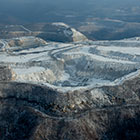
Boosters have promoted prison construction on abandoned mine lands as a tool of economic development throughout Appalachia. New federal funding provides the opportunity for more sustainable and socially beneficial investments.

By ignoring demands to release incarcerated people during the pandemic, prison administrators and elected officials relegate them to mass death under the fatal logic of public safety.

The survival of incarcerated people is dependent on slow-moving bureaucrats and the politically calculating whims of sadistic politicians.
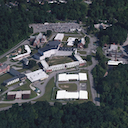
At Bedford Hills Correctional Facility, incarcerated women fear for the elderly and babies among them.

In the early 1990s Pelican Bay Prison was a cesspool of brutality. But in ending its worst years, did a judge civilize the cruel practice of solitary confinement?
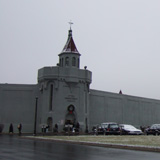
Heather Ann Thompson, author of Blood in the Water: The Attica Prison Uprising of 1971 and Its Legacy, discusses the uprising and the current wave of prison strikes.
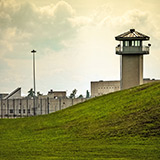
We need to resist the belief that the only way to end mass incarceration is to tackle the root causes of crime.
With a counter-argument by Michael Javen Fortner.
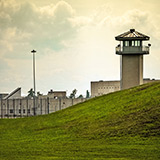
Real criminal justice reform demands profound social change. The fixation on severe sentences and police brutality masks harder truths.
With a counter-argument by Marie Gottschalk.

Why civil rights activists should champion a little-known prisoner holiday
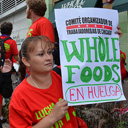
It’s not clear what shocked people most about the report in Fortune that Whole Foods Market sells goat cheese and tilapia prepared with prison labor—the horrendous exploitation of prisoners for a base rate less than one-tenth of Whole Foods’ starting …
After convicting Occupy activist Cecily McMillan of felony assault on a police officer on May 5, twelve jurors walked into the light and discovered that they had, perhaps, condemned the twenty-five-year-old to turning thirty on Rikers Island. “Most just wanted …
















